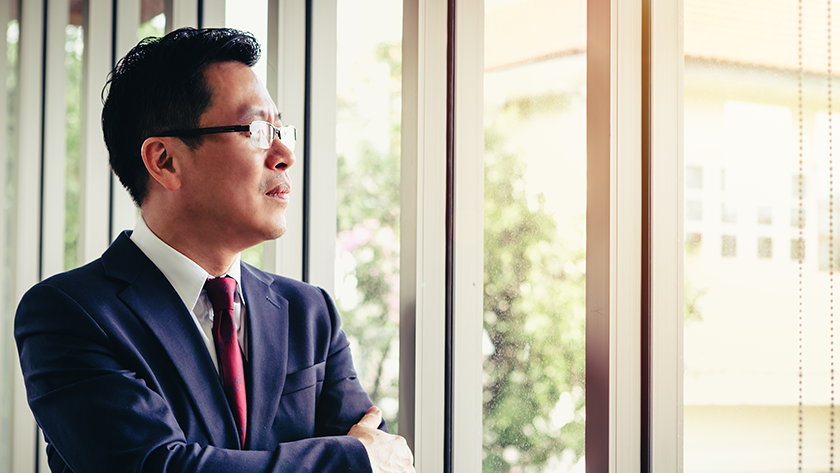
Photo credit: kasipat/AdobeStock.com
I am the director of the Texas Lawyers’ Assistance Program. We are a confidential program that helps law students, lawyers, and judges who are experiencing mental health or substance abuse challenges get the help they need. The unrelenting demands of our profession and consistent close contact with clients in crisis contribute to the staggering fact that some pre-pandemic studies show suicide as the third leading cause of death for the profession after heart disease and cancer. As someone who helps people experiencing mental health challenges daily, I know it is critical that we start prioritizing our own mental health and well-being.
When I think about wellness, I think of U.S. Olympic champion Simone Biles. Biles, the most decorated female gymnast in the world, decided during the Olympics to put her mental health first, for herself and for her teammates. She was widely criticized, but she also received an outpouring of support. That support came from all walks of life, ranging from other athletes to middle school students, all of whom had experienced mental health challenges and felt heard and represented. The U.S. women’s team went on to win team silver and individual gold, silver, and bronze medals, even without Biles. Through prioritizing her mental health, she received the care she needed, and the team experienced the success it had worked so hard to achieve.
Her story illustrates that when we prioritize our own wellness, we help the team. She also helped erase the myth that experiencing a mental health issue is due to a lack of willpower. Often, we tell ourselves that anxiety, depression, and other mental health challenges can be resolved on our own if we try harder.
This is how I felt about my anxiety and depression for many years. I thought that if I focused and read more self-help books, I could will myself into remission from anxiety and depression. Rather than feeling any relief from my symptoms by employing this strategy, I felt even more hopeless. I did not understand how I could have achieved all I had in life—great family, law degree, amazing career—yet wake up every morning feeling worthless and like I let everyone down. How I felt on the inside and how things looked from the outside were in deep conflict.
Can you think of a person who has more willpower than an Olympic athlete? Can you think of a person who works harder or is more determined to achieve a goal than someone who competes and excels at the global level? Yet even Biles needs help from educated professionals for her mental health. Similarly, it was not until I finally reached out to a professional therapist for help with my anxiety and depression that I began to experience remission from my symptoms. It is so important that we seek the help we need from people who are qualified to give it. What a humbling, critical, and potentially life-saving message we all witnessed from Biles.
Now, arguably more than ever, it is paramount that we invest in our own wellness. The pandemic has put our already anxiety- and depression-ridden society in even more dire well-being straits. The uncertainty of our own health and the health of those we love, and the instability of our professional world and the education world, have left us depleted and exhausted. We are and have been operating at a level of emotional and mental intensity that is simply not sustainable. It is difficult to find someone whose mental health has not been affected by these unprecedented times. People who did not previously have anxiety or depression are experiencing symptoms of both.
As leaders in our communities, we model behavior for those around us. Whether it’s other school board members, fellow staff, or our families, taking care of our own well-being inspires those around us to invest in theirs. We can have beautifully written policies about self-care at work, but if supervisors and partners are not seen using these policies, it is unlikely those under their tenure will use them either. We can tell our children to get a goodnight’s sleep, but if we are constantly staying up too late, our actions conflict with our teachings. We all know the saying: Actions speak louder than words. Nothing is truer when it comes to our own wellness and inspiring those who look to us for leadership.
Where do you start when it comes to practicing better well-being and mental health? It is common when we think of improving our health to think first about nutrition and exercise. However, two practices that often go overlooked that are equally important to our overall well-being are sleep and connection. Demands on our time and the anxiety produced as a result of trying to survive the trials of the pandemic have left many of us deprived of both of these elements that are critical to the foundation of our health.
There are many practices to help improve our mental health and well-being. If you are experiencing mental health issues, please, be your own champion and reach out to the professionals who are trained and educated to help.
Erica Grigg (erica.grigg@tlaphelps.org) is the director of the Texas Lawyers’ Assistance Program, Austin.

Share this content